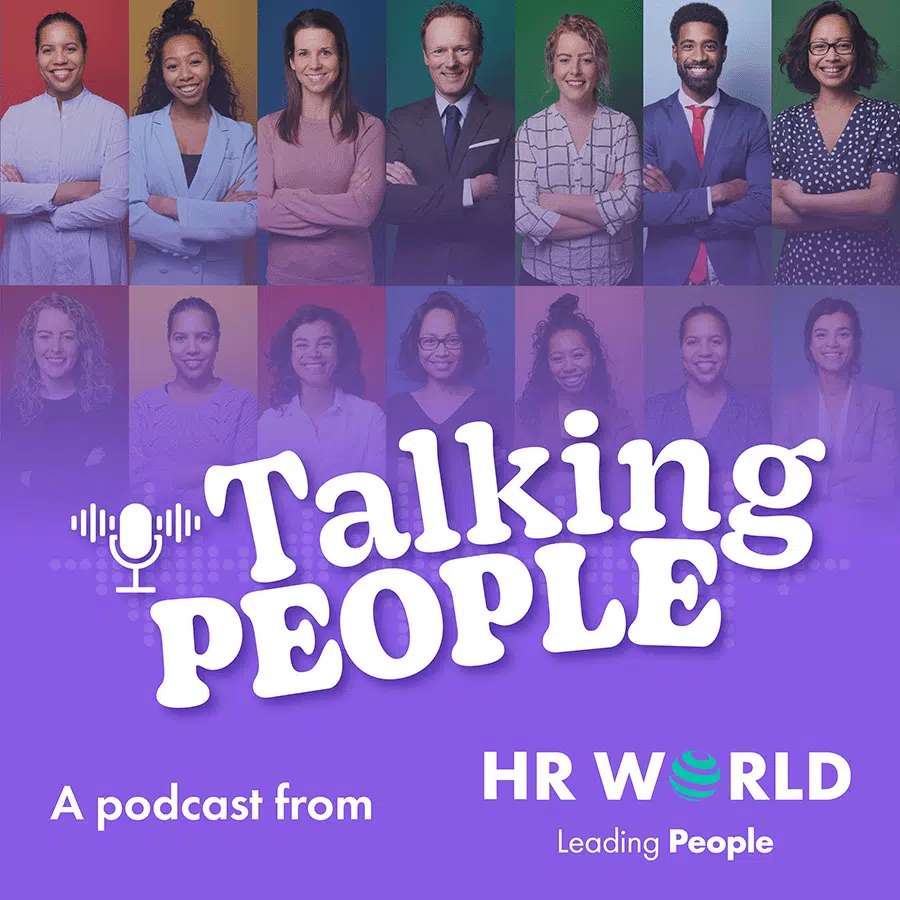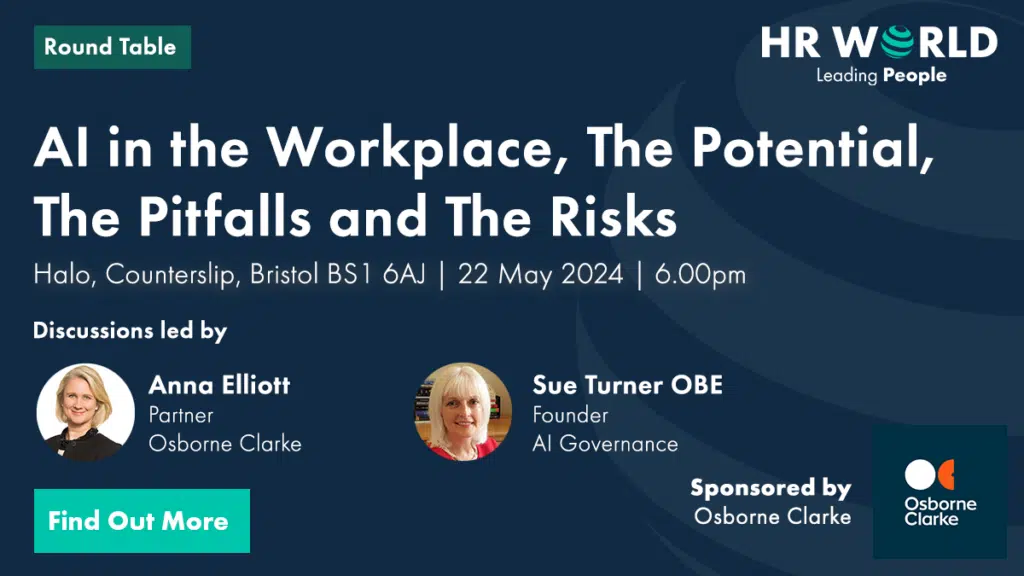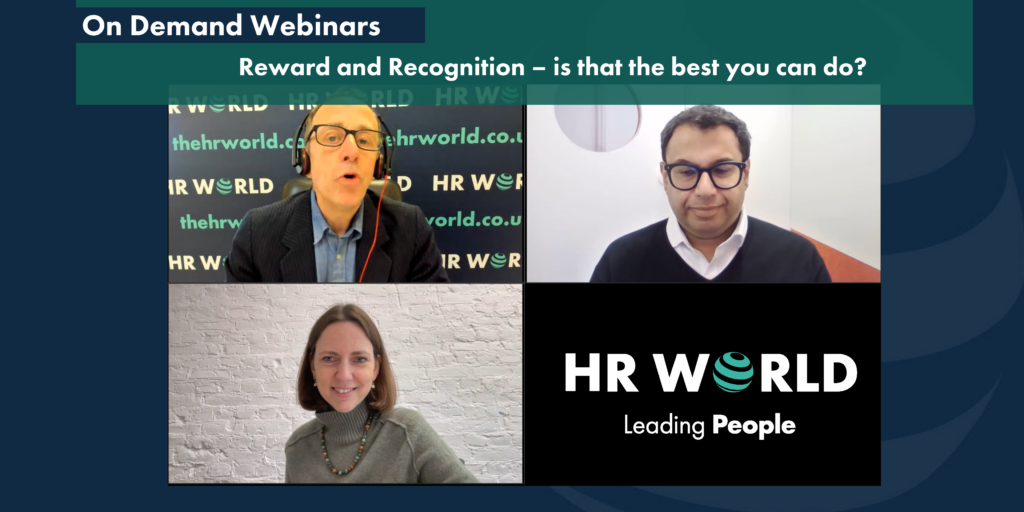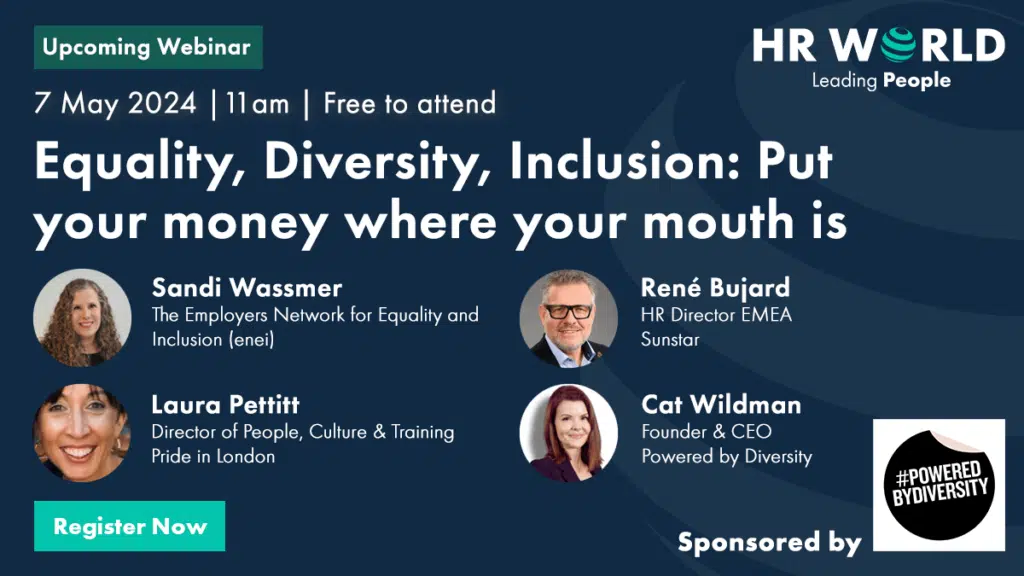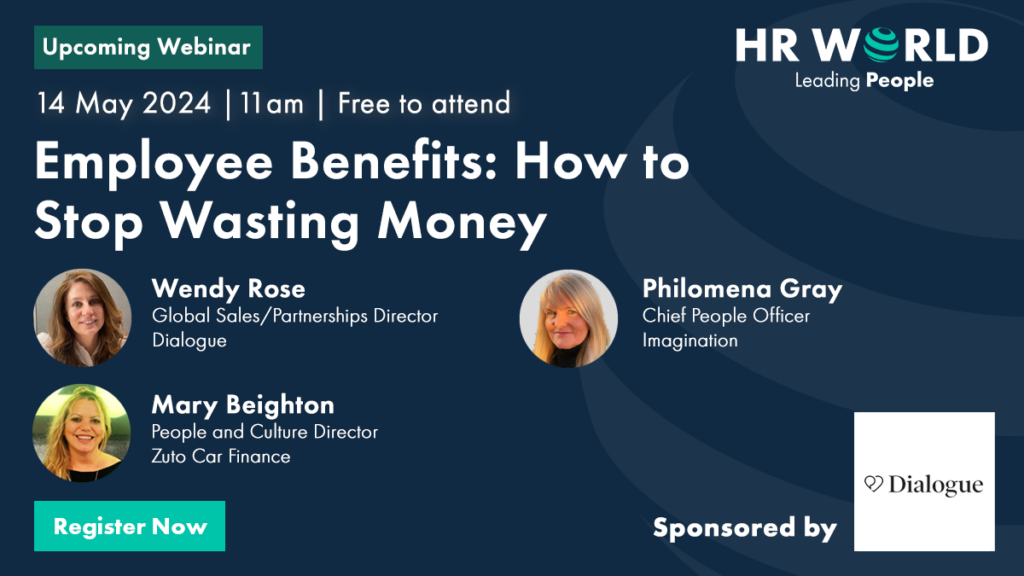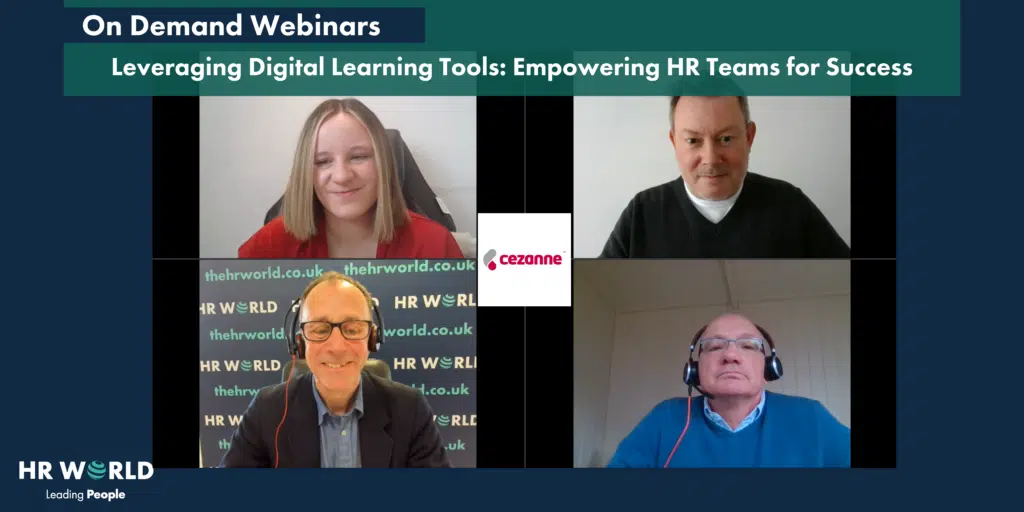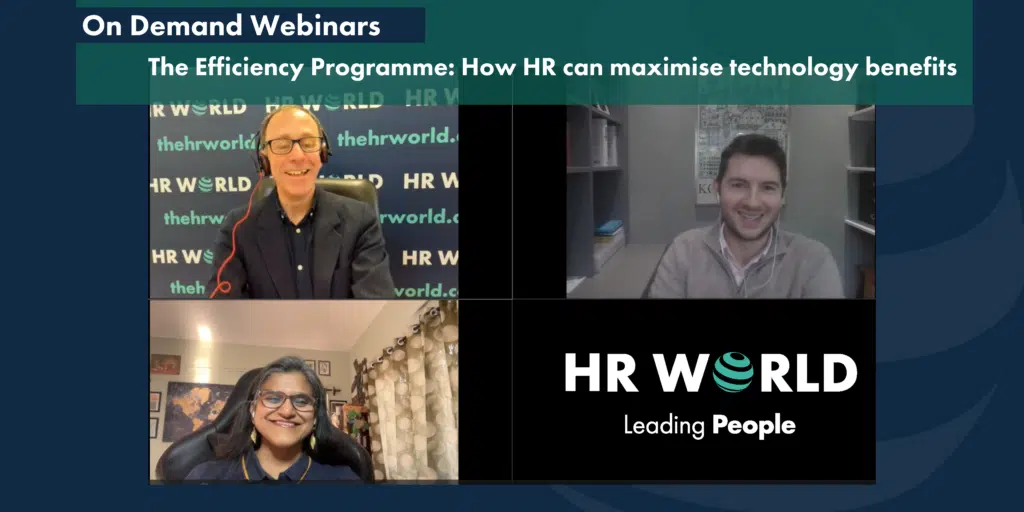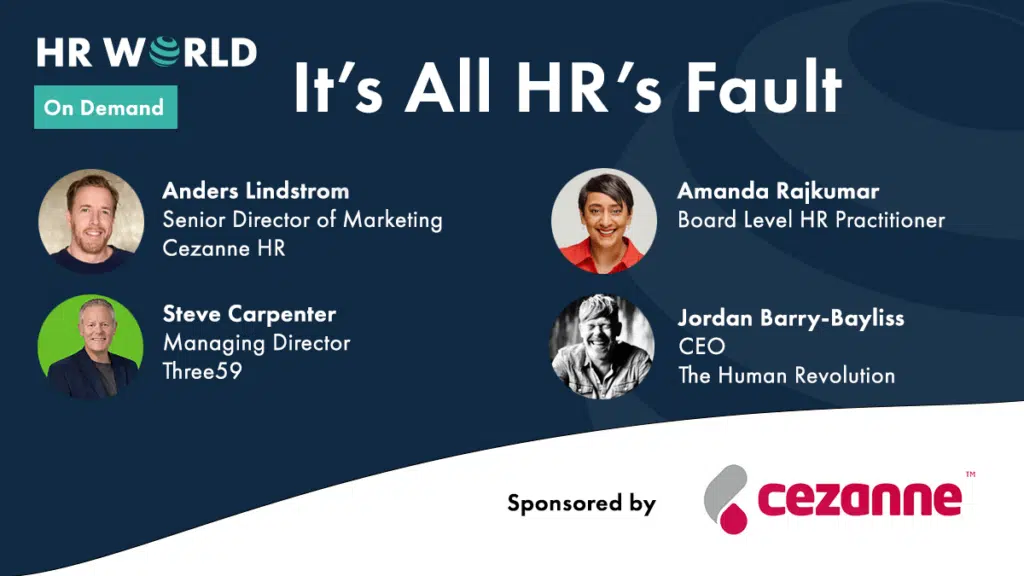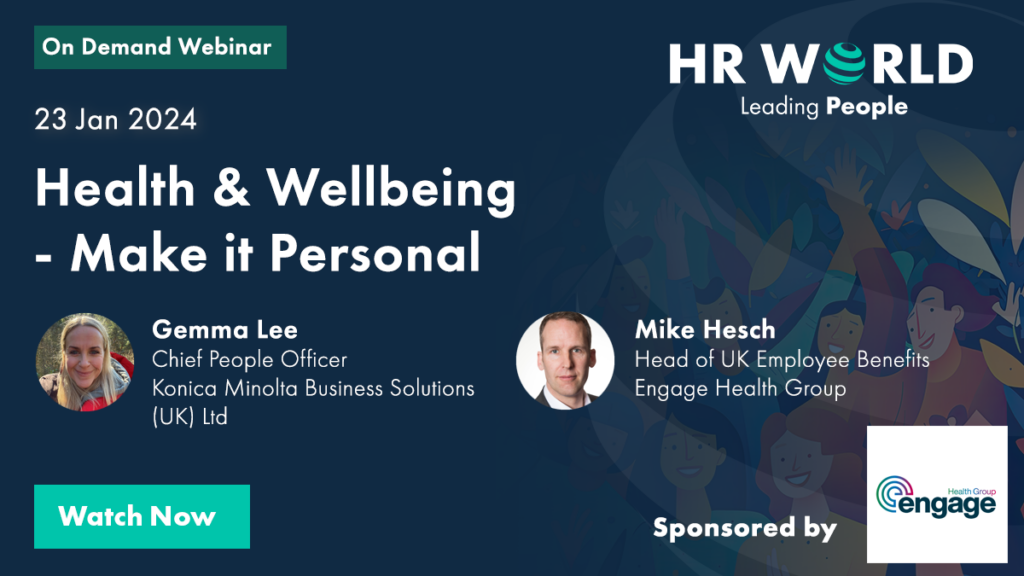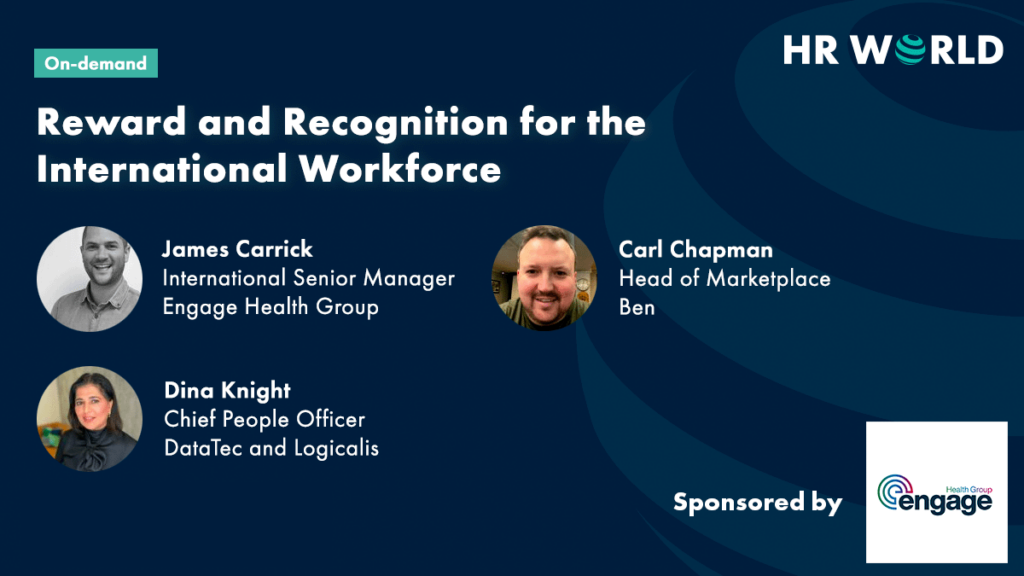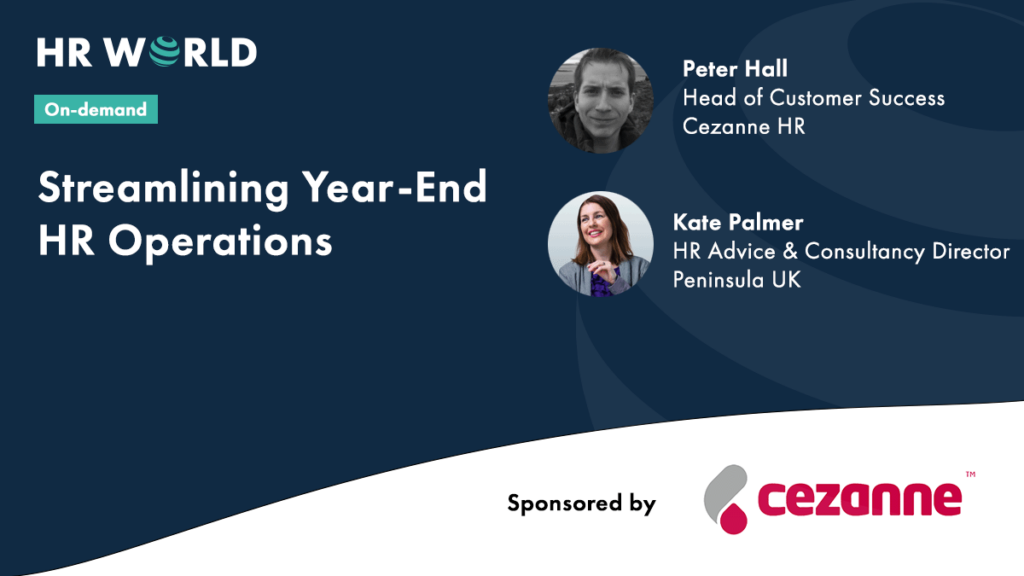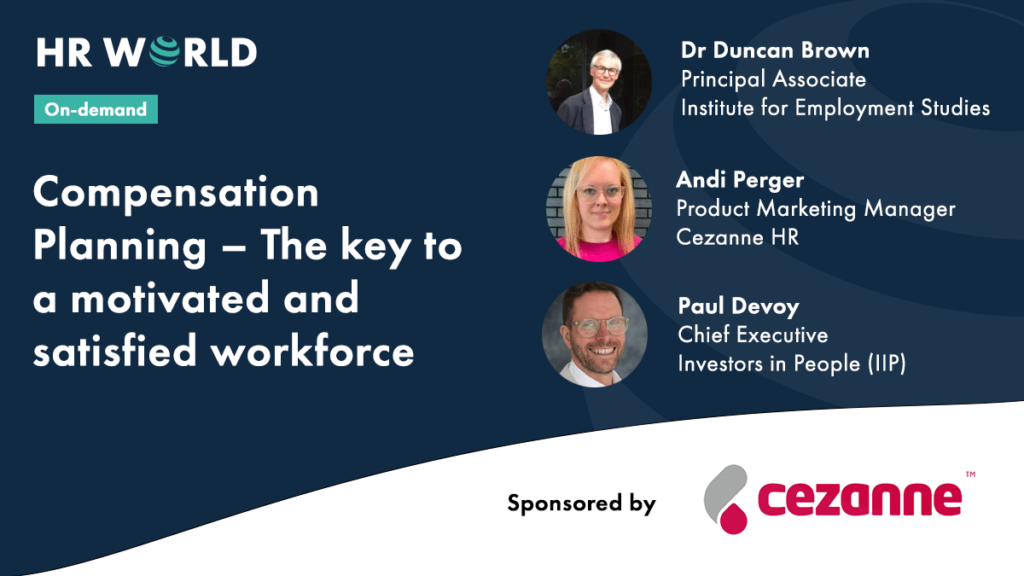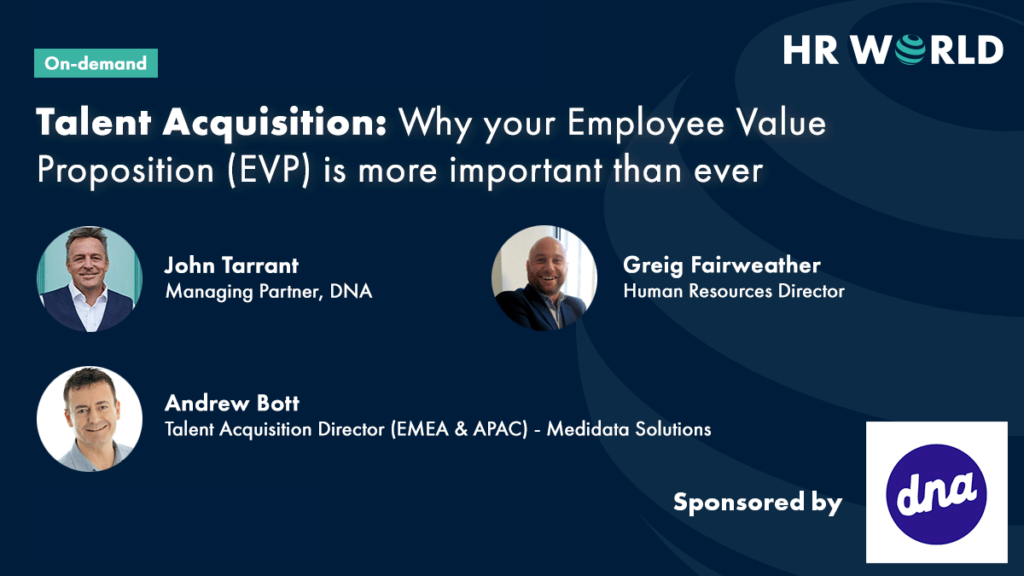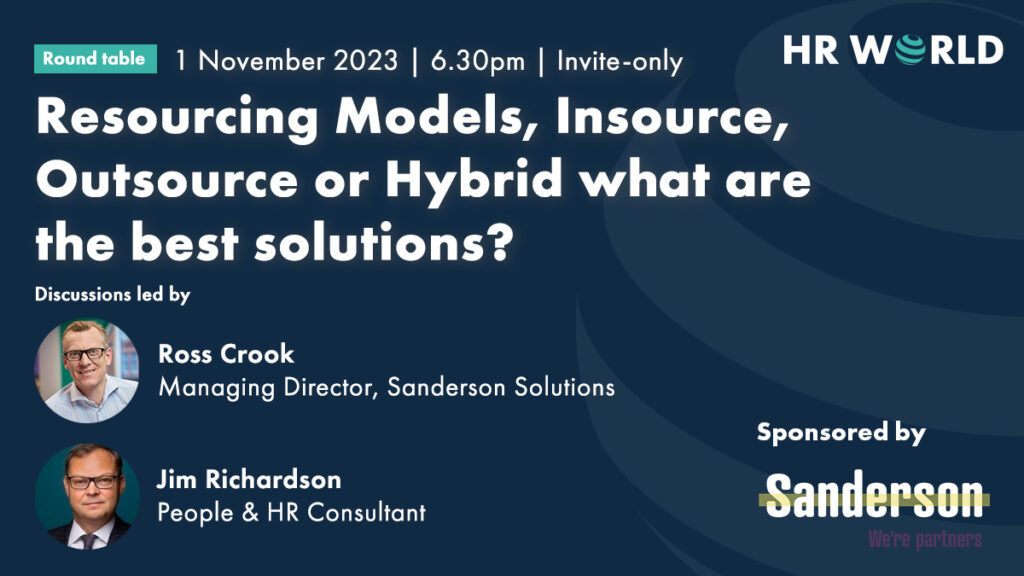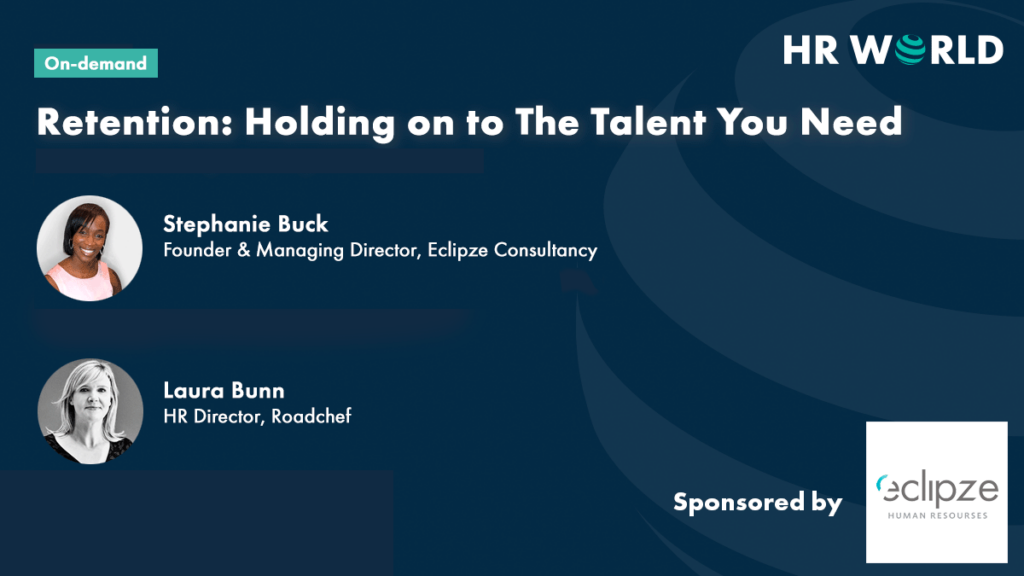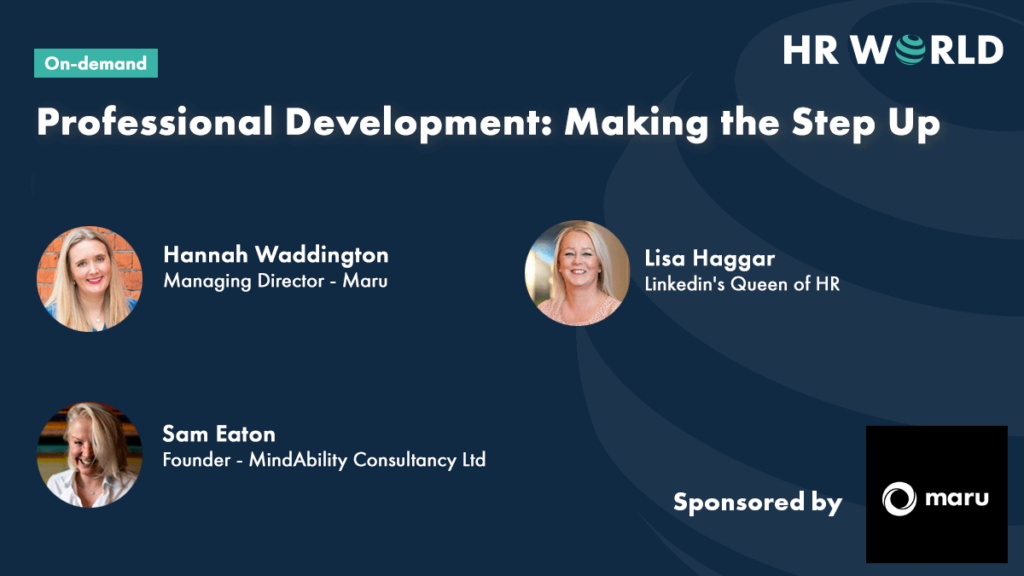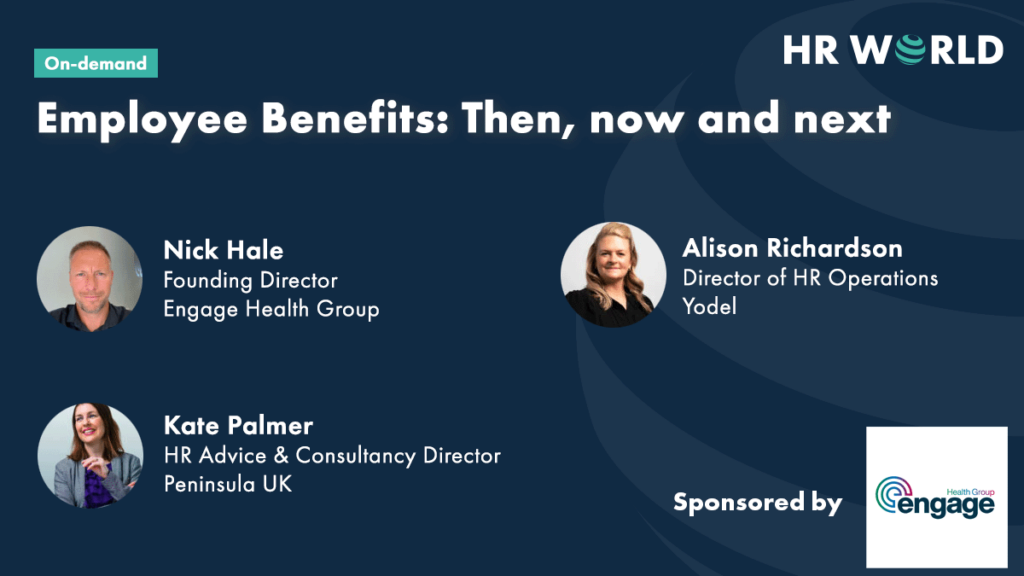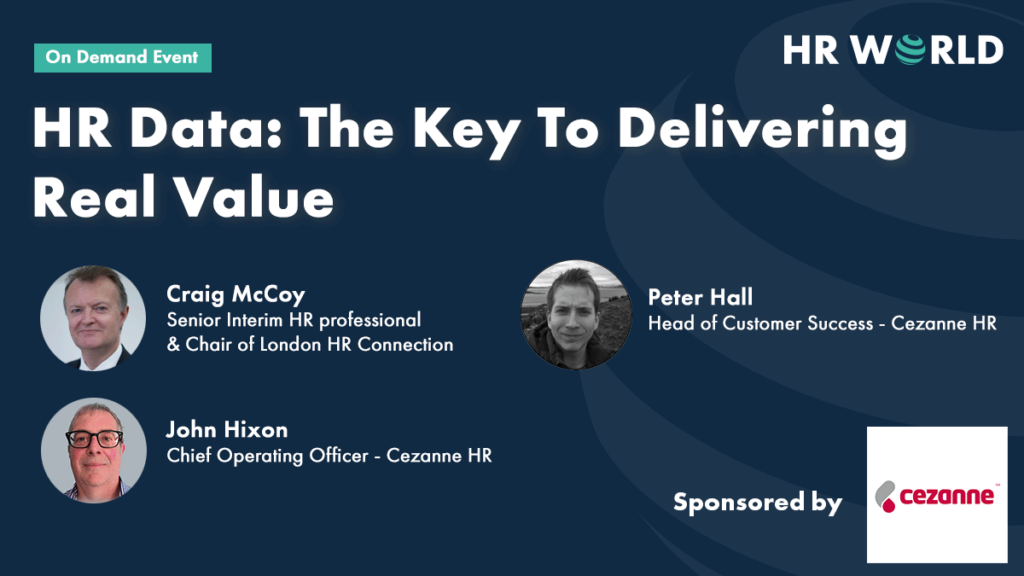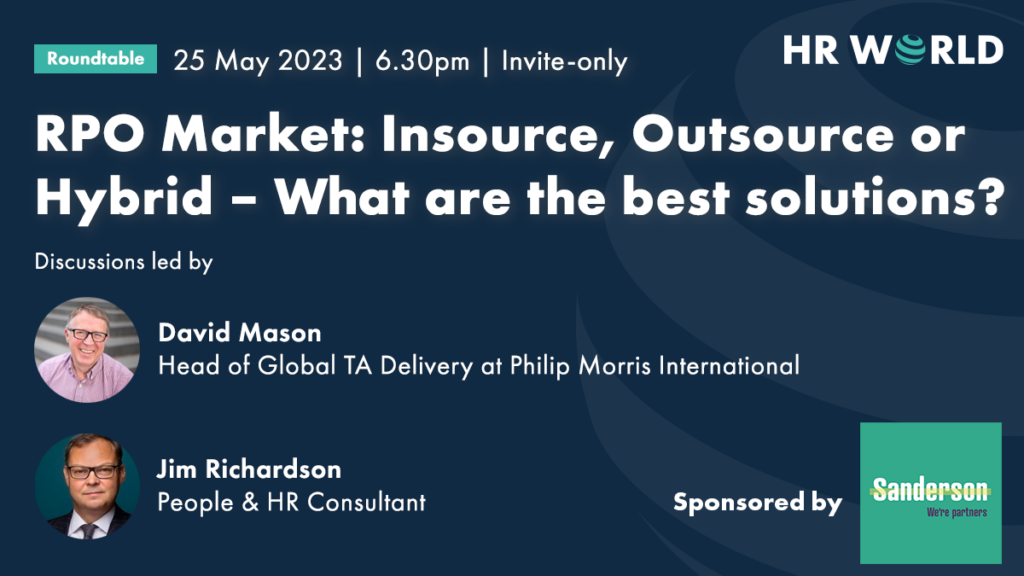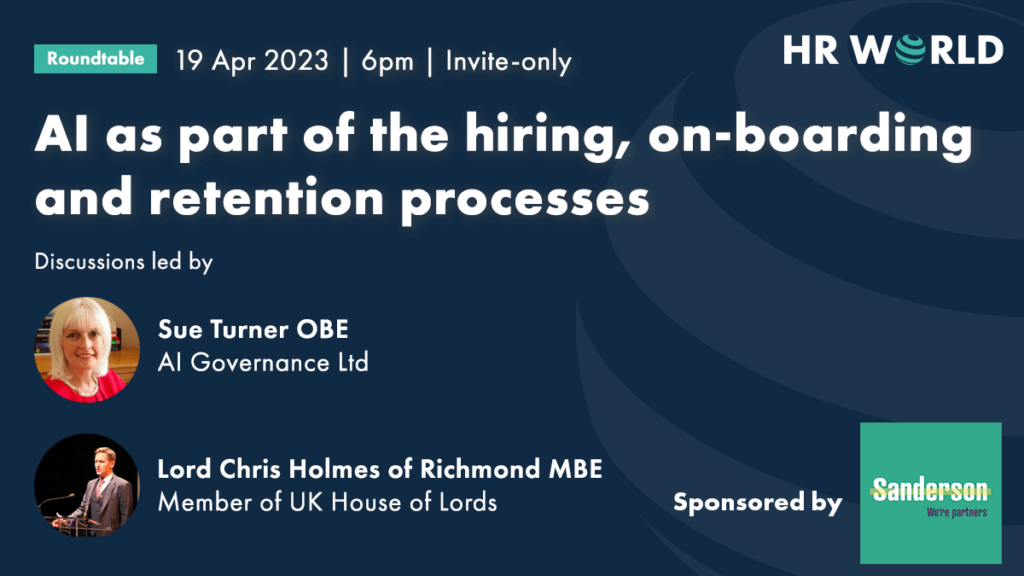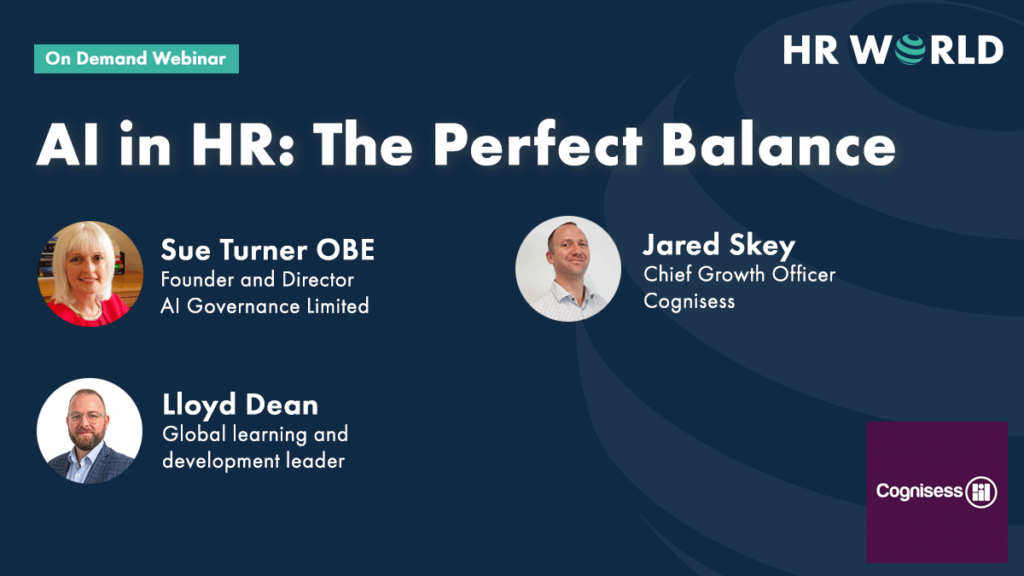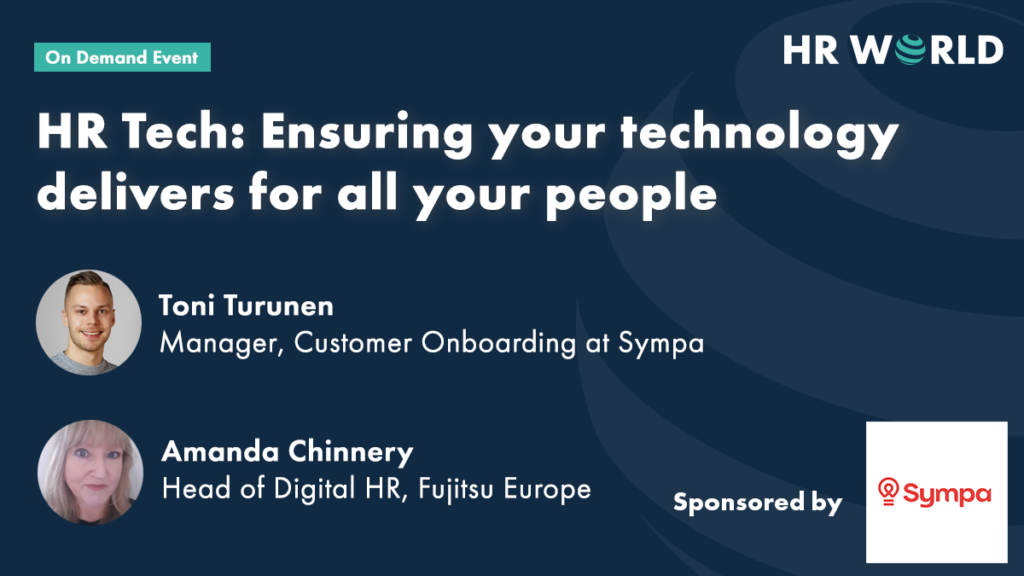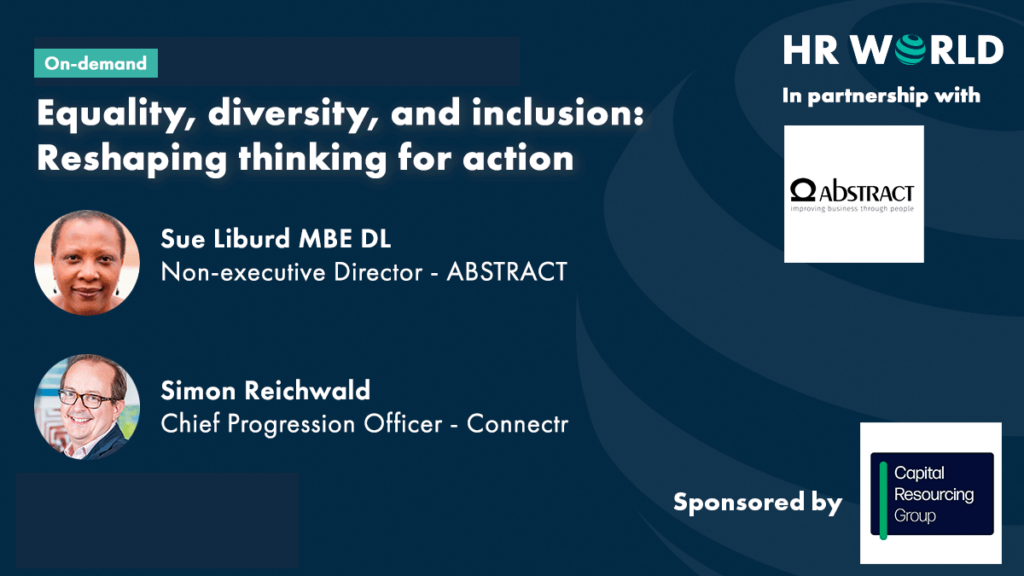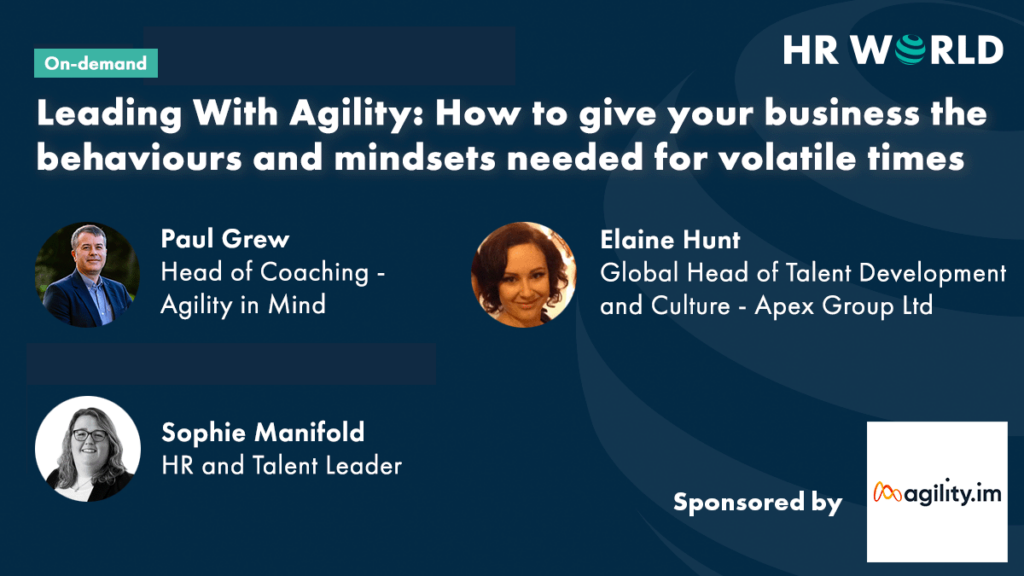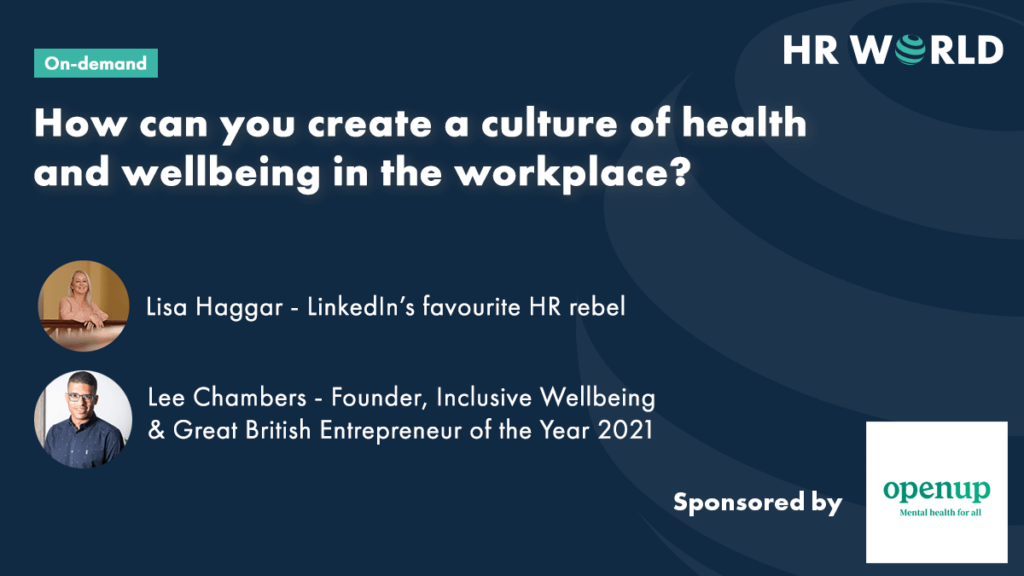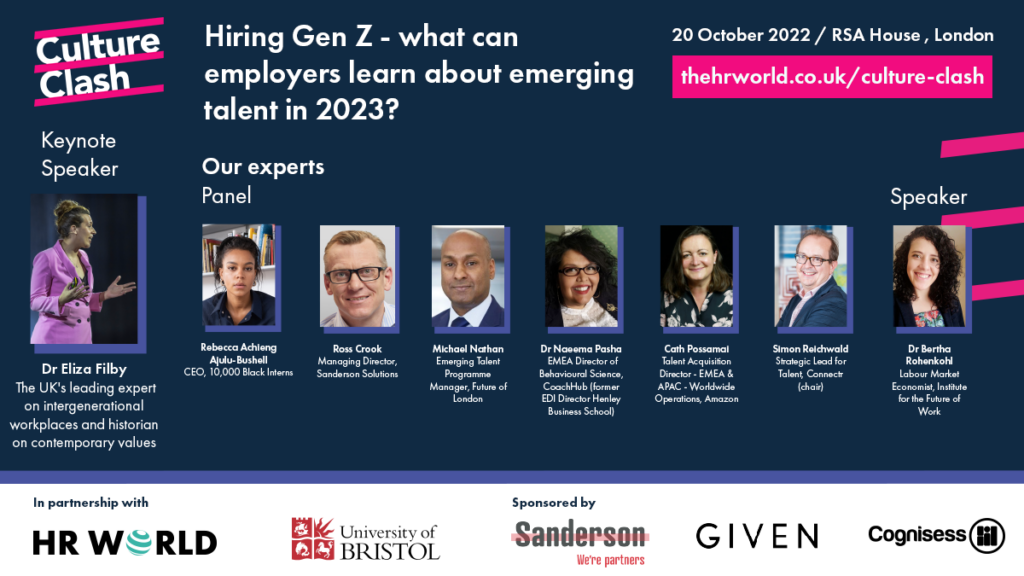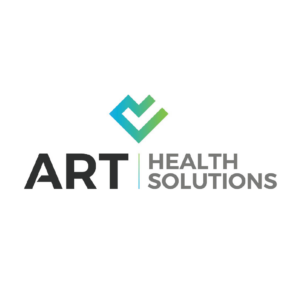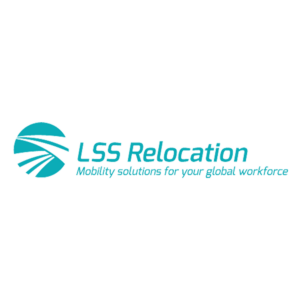Home » Knowledge Hub » Talent Acquisition » “The Great Resignation?” – Are 1 in 4 UK workers really planning to quit their jobs this year?
“The Great Resignation?” – Are 1 in 4 UK workers really planning to quit their jobs this year?
23 March 2022 Talent Acquisition
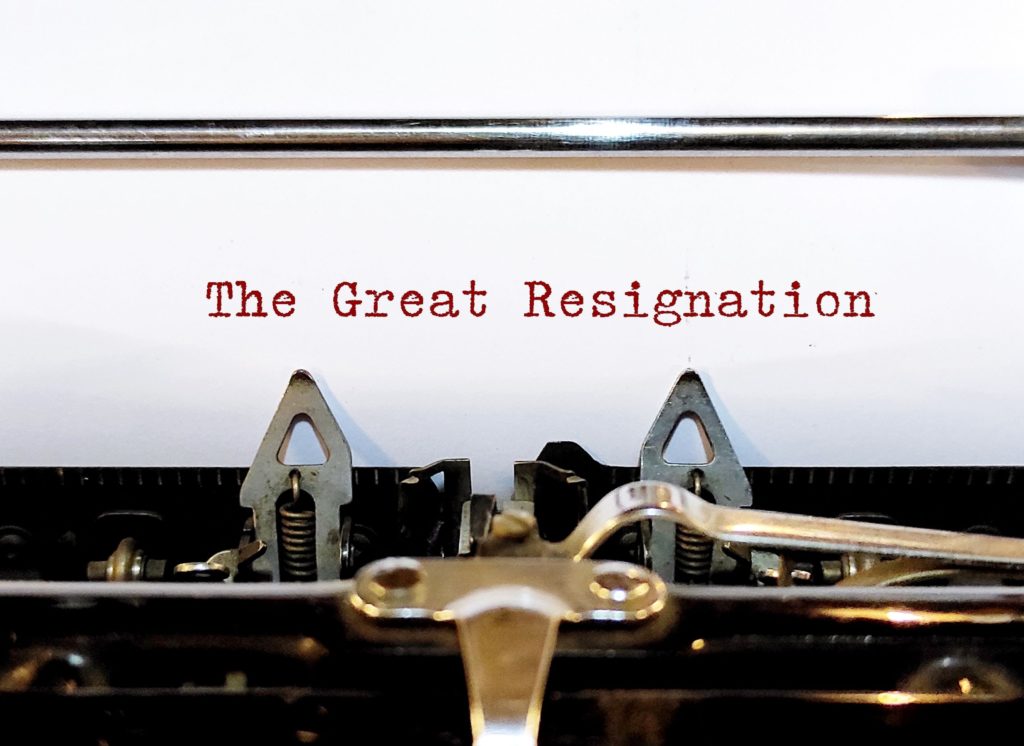
A recent report claims almost a quarter of UK workers plan to quit their roles within the next six months – with the COVID-19 pandemic and related burnout the most common motivation.
But what could such extreme staff turnover mean for businesses? The disruption threatens added stress and challenges for those left behind, as well as financial consequences.
So, how can employers take a proactive approach to support their team in stressful periods and retain their top talent?
Why are employees threatening resignation?
The COVID-19 pandemic has changed the way many of us think about work – including expectations around working routines and the relationship between our job and wellbeing.
Over the last two years, our working habits have changed.
Many view these changes positively, with remote working affording them more time to exercise and spend time with loved ones.
For others, the pandemic has been incredibly stressful.
Remote work has increased isolation among working populations, with many also being required to cover for furloughed colleagues, increasing their workload and tightening deadlines.
This long-term stress has left them burned out and looking for a change.
And it seems nothing will stand in the way of these determined quitters.
Traditionally, one of the motivations for employees remaining in unfulfilling positions is fear they won’t find another role.
However, research suggests only 16 percent of modern workers now worry about getting a new job.
So, we are seemingly on the brink of a workplace exodus. But how will it play out for those left behind?
The impact for those left behind
While 1 in 4 UK employees considers switching positions, the reality for the employers and colleagues left behind is picking up the pieces.
And it’s not as simple as just hiring a replacement.
Research suggests every lost employee costs businesses around £25,000 in reduced output and hiring replacements.
And even for those able to hire quickly, it’s not plain sailing. It’s estimated joining employees take up to 28-weeks to reach optimum productivity, equating to a further estimated £25,500 cost for the business in lost output.
So, where are businesses making up these losses?
In most cases, it’s left to remaining employees to bear the burden, with employers relying on them to share the workload of departing colleagues while they look for replacements.
These employees can spend months managing an extra workload with little reward – either financially or in recognition for their efforts.
Businesses are then left with overworked and underappreciated staff.
And for many, this chronic stress is taking its toll on their wellbeing, with common physical symptoms including fatigue, nausea and stomach problems, plus emotional symptoms such as anxiety, low mood and depression.
Rising to the challenge
For those prepared to meet the challenge head-on, the ‘great resignation’ represents an opportunity to reshape employee benefits, offering individuals the support they need to thrive in their roles.
That’s why many are framing the potential exodus as a ‘great reshuffling’, rather than resignation.
Instead of viewing employees as simply quitting their careers, they understand many are simply relocating to companies that better reflect their values.
And those that understand the motivations of their employees can start to align their offering – nurturing a positive, productive workforce and avoiding the potential disruption of the great resignation.
This may include greater flexibility in working arrangements or even further opportunities for progression in their role.
Chatting one-to-one with team members can reveal which benefits they value most, helping businesses prioritise key offerings.
Similarly, they can gain a clearer understanding of the professional barriers or challenges their team are facing, helping to develop a more transparent progression structure that motivates and rewards employees in equal measure.
For example, some may prefer to work remotely while others thrive in an office environment or even a hybrid model of the two. So, it’s important to remember no single benefit or intervention suits everyone.
The key is flexibility
Supporting employees to work in a way that suits them.
For example, allowing employees to take extended lunch breaks to balance parental responsibilities – catching up in the evening – or staggering start times to allow anxious employees to avoid stressful morning commutes can boost engagement.
However, while some may be thriving in their current situation, enjoying the benefits of remote working, it’s important to remember others may be struggling.
The isolation of remote work plus the potential added workload to compensate for departed employees has left many burned out.
So, it’s important employers are able to provide the right support.
This may include signposting them towards formal interventions including employee assistance programmes (EAPs), which offer direct access to mental health specialists who can help them build resilience and coping mechanisms during stressful periods.
However, to nurture a holistically healthy workforce, employers must also consider the physical stresses on their team and how they can alleviate them.
Providing free personalised health assessments in the workplace gives businesses a clearer understanding of the needs of their team.
They can then offer tailored interventions, such as a ‘working from home budget’ to equip staff with ergonomic furniture.
Similarly, offering flexible working hours allows employees to attend exercise classes during sociable hours while inviting wellbeing experts to run seminars in the office equips them with the knowledge to enjoy more active lifestyles and nutritious diets


